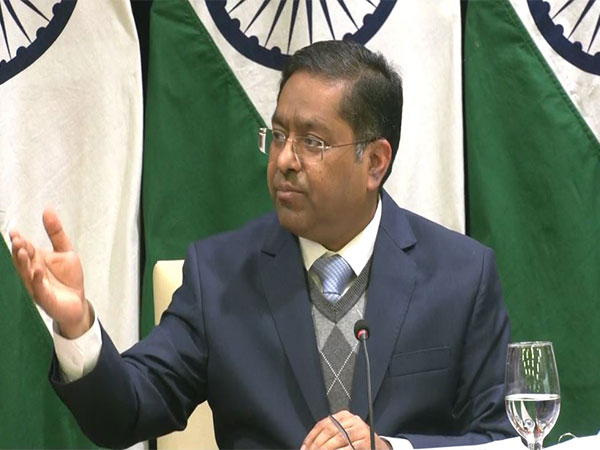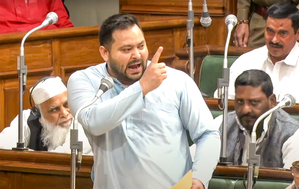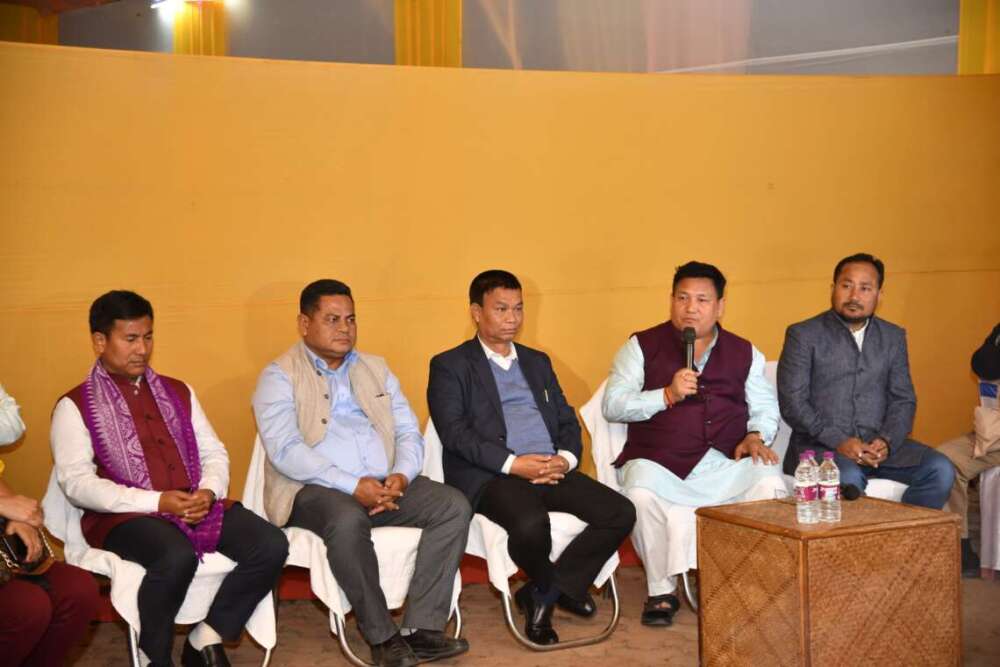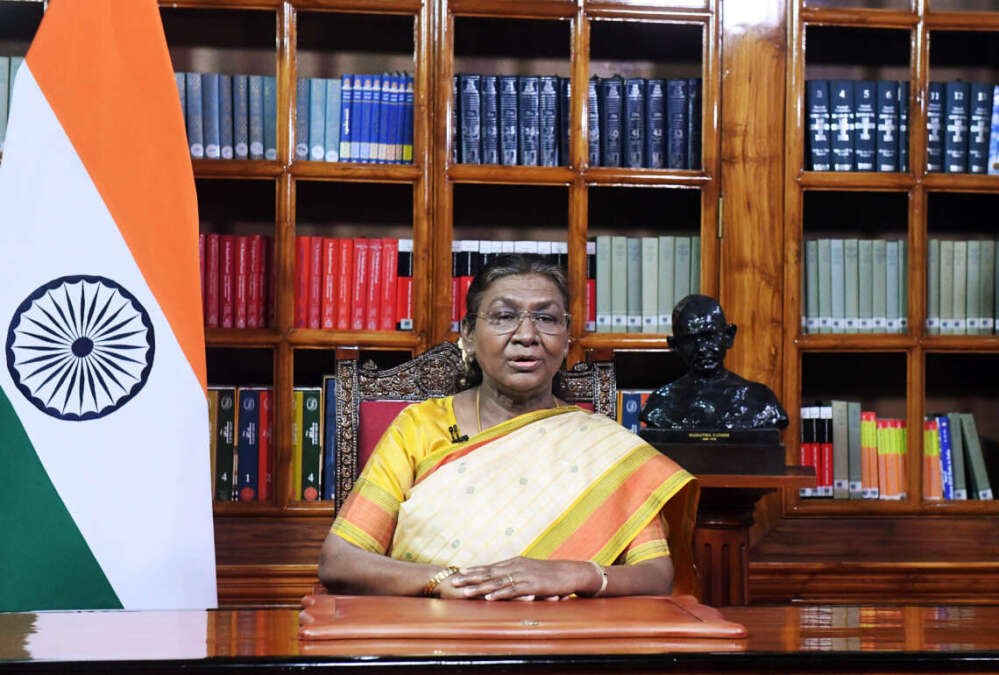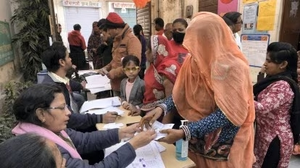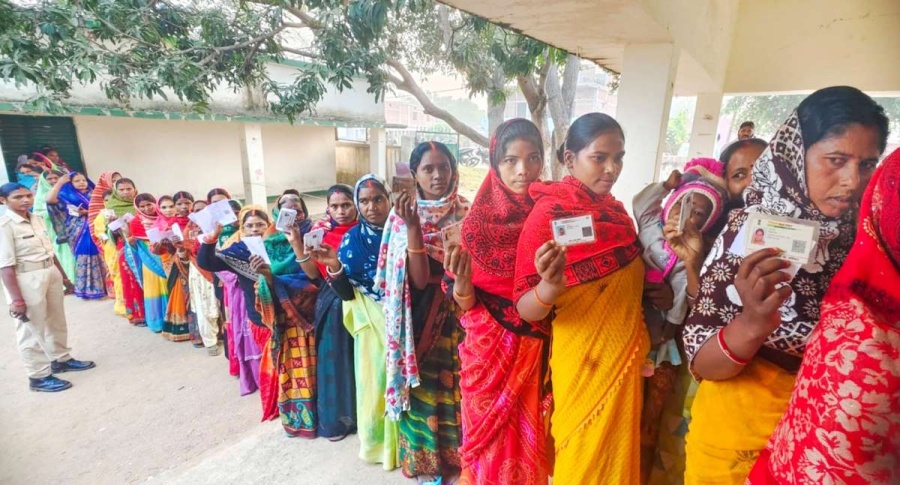BJP’s Barrackpore constituency candidate Arjun Singh, who is candid about his switching parties, is aiming to repeat victory in the Lok Sabha polls…reports Asian Lite News
The electoral battleground of Barrackpore Lok Sabha constituency in West Bengal promises to be a closely contested affair, where the Trinamool Congress (TMC) faces the challenge of overcoming the ‘bahubali factor’ of the BJP nominee to seize the seat from the saffron camp, according to PTI report.
At the heart of this contest lies the dynamics between Arjun Singh, a prominent figure who has switched allegiances between the TMC and BJP, and Partha Bhowmick, the TMC’s debutant nominee in parliamentary politics.
Arjun Singh’s political journey, characterized by his back-and-forth between the TMC and BJP, reflects the volatile nature of West Bengal politics. Singh’s return to the BJP fold, citing feeling “betrayed” by Mamata Banerjee, underscores the personal and ideological complexities within the state’s political landscape. His influence, particularly among Hindi-speaking voters concentrated in Barrackpore’s jute belt, presents a unique challenge to the TMC.
However, the TMC’s nomination of Partha Bhowmick, coupled with his strong grassroots presence in Naihati, aims to counter Singh’s influence. Bhowmick’s task is not only to secure a lead in Singh’s home turf but also to mobilize support in areas with significant minority voter concentration, such as Amdanga. The outcome of the election hinges on Bhowmick’s ability to sway voters away from Singh, especially considering Singh’s appeal among certain demographics regardless of party affiliation.
The narrative of Singh’s ‘turncoat’ politics, while potentially detrimental to his credibility among some voters, is overshadowed by the broader appeal of Narendra Modi and the BJP’s agenda. Singh’s assertion that voters will prioritize Modi’s leadership over his party-hopping tendencies highlights the primacy of national issues in local elections. Moreover, the absence of significant opposition from within the BJP ranks suggests tacit acceptance of Singh’s return, mitigating potential backlash from party loyalists.
In assessing the electoral landscape, the role of other contenders, such as the CPI(M) nominee Debdut Ghosh, emerges as a crucial factor. Ghosh’s appeal to middle-class Bengali voters disillusioned with the politics of muscle and money power adds a layer of complexity to the contest. While the CPI(M)’s historical stronghold in Barrackpore provides a solid foundation, the absence of internal discord within the party enhances its prospects of garnering support across various demographics.
The Congress-backed Left candidate’s optimism about the CPI(M)’s resurgence resonates with the prevailing sentiment against the perceived collusion between the BJP and TMC. Barrackpore, with its diverse electorate of nearly 15 lakh voters, presents an opportunity for the Left to capitalize on the disillusionment with mainstream parties and offer an alternative vision.
As the election date approaches, the campaign rhetoric is likely to intensify, with each candidate vying to sway undecided voters and consolidate their support base. The outcome of the election will not only shape the political landscape of Barrackpore but also serve as a barometer of the broader trends in West Bengal politics. Whether the TMC can withstand the BJP’s challenge or if the Left can stage a comeback remains to be seen, but one thing is certain: the electoral battle in Barrackpore will be closely watched and fiercely contested until the last vote is cast.
Candid about switching sides
Arjun Singh is quite candid about the reasons that prompted him to go back to the BJP.
“When I re-joined Trinamool Congress in 2022, I was promised re-nomination from Barrackpore. Then before the nomination, the ruling party leadership wanted me to field me from elsewhere. I denied it since Barrackpore is in my roots. Still I was hopeful. But ultimately when the party chose not to re-nominate me, I had no other option but to go back to BJP,” Arjun Singh said.
Partha Bhowmik is using this statement of Arjun Singh against him in his campaigns.
“So frequent shift to political camps results in loss of credibility for any politician and the people of Barrackpore will make Arjun Singh realise that this time,” he said.
Arjun Singh’s counter-argument is that such observations are not acceptable from a party like Trinamool Congress whose leadership is habitual in taking back turncoats.
“There are so many examples of Trinamool Congress leaders joining the BJP before the 2021 West Bengal assembly elections and subsequently going back to the ruling party fold after the polls. Some of them going back to the ruling party even got elected as BJP legislators in the 2021 polls,” Arjun Singh argued.
Although Arjun Singh got elected in 2019 from Barrackpore, his winning margin was not that high which can be reverted considering the strong organisational base of Trinamool Congress at Barrackpore.
In 2019, Arjun Singh defeated Trinamool Congress’ Dinesh Trivedi by a margin of 14,857 votes, which political observers feel is not that big a margin that cannot be recovered especially in a highly volatile constituency like that of Barrackpore.
ALSO READ: Meet the multimillionaires in fray in Andhra Pradesh







